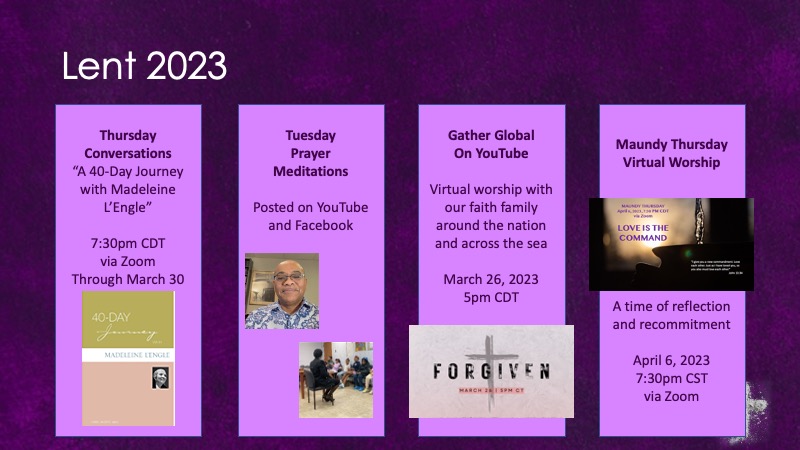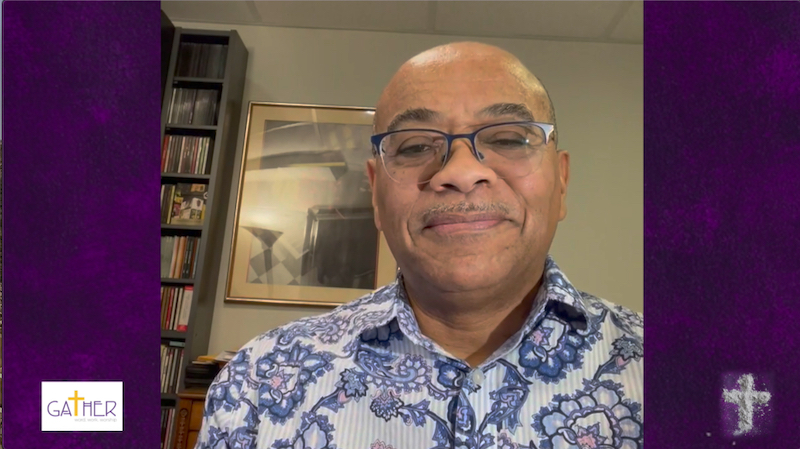
Teach us to number our days so we can have a wise heart. – Psalm 90:12
Dear Gatherers,
In just a few days we will celebrate our fourth year together as a worshipping community. By design, we launched in 2019 (see above) on Pentecost as our immediate confidence that the promise of Acts 2—“I will pour out my Spirit on all people”—mean ALL people. And that has been our driving conviction ever since.
On my fingers, I’ve counted about 150 people who’ve come through Gather since we began. Some stayed. Many lingered for a while and moved on. (Multicultural church planting from nothing is not for everyone.) Others dropped in, nodded with approval, and kept going. During the pandemic, we had a surge of people seeking community. When the world reopened, they returned to their home churches and regular haunts. That’s the way it works. It’s how it’s supposed to work, if we use the ministry of Jesus and the Early Church as our model.
For those of us who’ve stuck it out, though, we have been constantly amazed at the creative ways God has blessed. Times haven’t always been easy. But God never failed to provide. We’ve experienced growth in ways we never envisioned and discovered so much about what it means to be an ecstatically inclusive, theologically progressive, socially committed, scripturally sound, and spiritually adventurous faith community. The lessons we’ve learned, the experiences we’ve shared have taught us well!
Now it’s time to celebrate, as we number our days together. To be fully inclusive, we’ll rejoice together virtually on Pentecost Sunday, May 28, at 5pm. We’ll revive the joy and verve we brought to our pandemic worship with three open-to-all participation offers. We invite everyone—full-time Gatherers, part-time Gatherers, sometime Gatherers, and friends of Gather—to contribute to this experience. Even if you’ve just been watching from the sidelines, we want to see you and hear from you! You’re a part of us! Scroll down to find out how to be part of the service; then plan to join us at 5pm CDT on YouTube for the premiere of our anniversary worship / party.
Peace, with much love,
Pastor Tim











